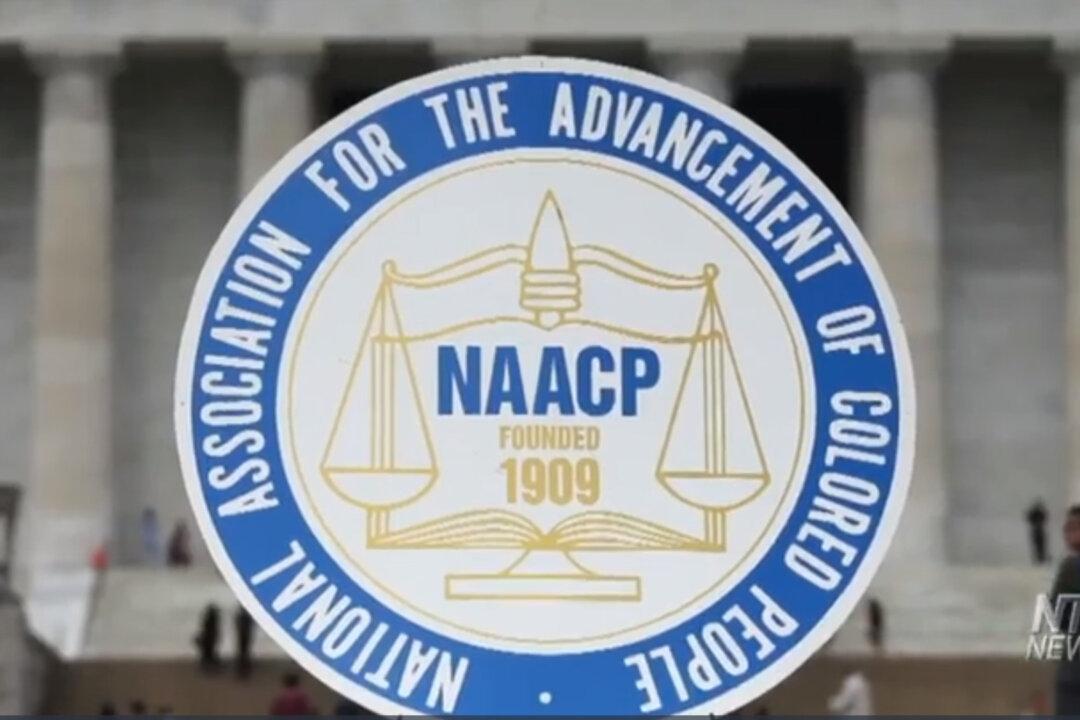The tax-exempt status of the influential North Carolina branch of the National Association for the Advancement of Colored People (NAACP) was automatically revoked by the IRS after the nonprofit group failed to file required returns with the tax agency for three consecutive years.
The loss of tax-exempt status by the North Carolina State Conference of the NAACP took place on May 15 but didn’t become public knowledge until local media outlets began reporting on it last week. The state chapter is known nationally for suing over voter ID requirements, which it claims disenfranchise minorities and poor people.





